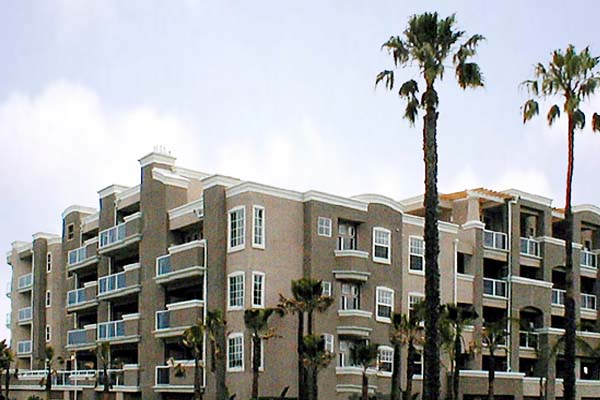PRIVATE MORTGAGE INSURANCE
Demystifying Private Mortgage Insurance (PMI) in Real Estate
Understanding Private Mortgage Insurance (PMI)
What is PMI?
PMI, or Private Mortgage Insurance, is a type of insurance that provides protection to lenders in the event that a borrower defaults on a conventional mortgage loan. It is typically required when the borrower's down payment is less than 20% of the home's purchase price, making it a common feature in many real estate transactions.
Role of Private Insurance Companies
PMI is provided by private insurance companies, distinguishing it from government-backed mortgage insurance programs such as those offered by the Federal Housing Administration (FHA) or the Department of Veterans Affairs (VA). These private insurers assume the risk associated with low down payment loans and provide coverage to lenders, thereby facilitating access to mortgage financing for borrowers with smaller down payments.
Significance in Real Estate Financing
Facilitating Homeownership
PMI plays a pivotal role in expanding homeownership opportunities by enabling borrowers to qualify for mortgage loans with down payments as low as 3% to 5%, which might not meet the traditional 20% threshold for avoiding mortgage insurance.
Risk Mitigation for Lenders
Risk Mitigation for Lenders
For lenders, PMI serves as a risk mitigation tool, providing a layer of protection against potential losses stemming from borrower defaults. This risk-sharing mechanism encourages lenders to extend mortgage financing to a broader spectrum of borrowers, thereby fostering inclusivity in real estate lending.
PMI Premiums and Coverage
Premium Structure
Borrowers typically pay PMI premiums, either as a lump sum at closing or as part of their monthly mortgage payments. The exact cost of PMI can vary based on factors such as the loan-to-value ratio, credit score, and the specific terms of the mortgage agreement.
Coverage and Cancellation
PMI coverage remains in effect until the borrower's equity in the home reaches a certain threshold, often 20% of the property's value. At this point, borrowers may be eligible to request the cancellation of PMI, provided they meet the lender's criteria for termination.
Conclusion
Private Mortgage Insurance (PMI) stands as a cornerstone of real estate financing, serving as a protective mechanism for lenders and an enabler of homeownership for borrowers. By bridging the gap for borrowers with smaller down payments, PMI plays a pivotal role in diversifying access to mortgage financing and fostering a more inclusive real estate landscape.
Understanding the dynamics of PMI is essential for both borrowers and lenders, as it influences the cost of homeownership, loan eligibility, and risk management strategies. By demystifying the role of PMI in real estate financing, stakeholders can make informed decisions and navigate the complexities of mortgage lending with clarity and confidence.
MORE REAL ESTATE TERMS
A, B, C, D, E, F, G, H, I, J, K, L, M, N, O, P, Q, R, S, T, U, V, W, X, Y, Z
Featured New Home

Featured Mortgage Brokers
- Intercap Lending, mortgage broker in Albuquerque, NM
5600 Wyoming Blvd NE Ste 20
Albuquerque, NM 87109 - FIRST PRIORITY FINANCIAL INC, ROSEVILLE, CA
1050 OPPORTUNITY DR STE 145
ROSEVILLE, CA 95678 - PRIMARY RESIDENTIAL MORTGAGE INC, MIAMI, FL
7300 N KENDALL DR STE 340
MIAMI, FL 33156 - PINNACLE CAPITAL MORTGAGE CORPORATION, BELLEVUE, WA
2800 NORTHUP WAY STE 220
BELLEVUE, WA 98004 - MOVEMENT MORTGAGE LLC, GASTONIA, NC
1000 S NEW HOPE RD
GASTONIA, NC 28054